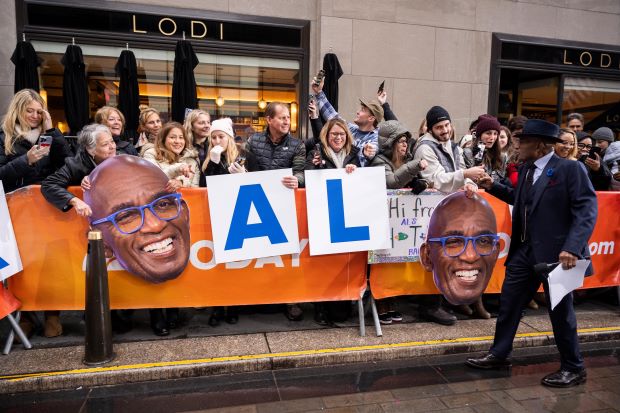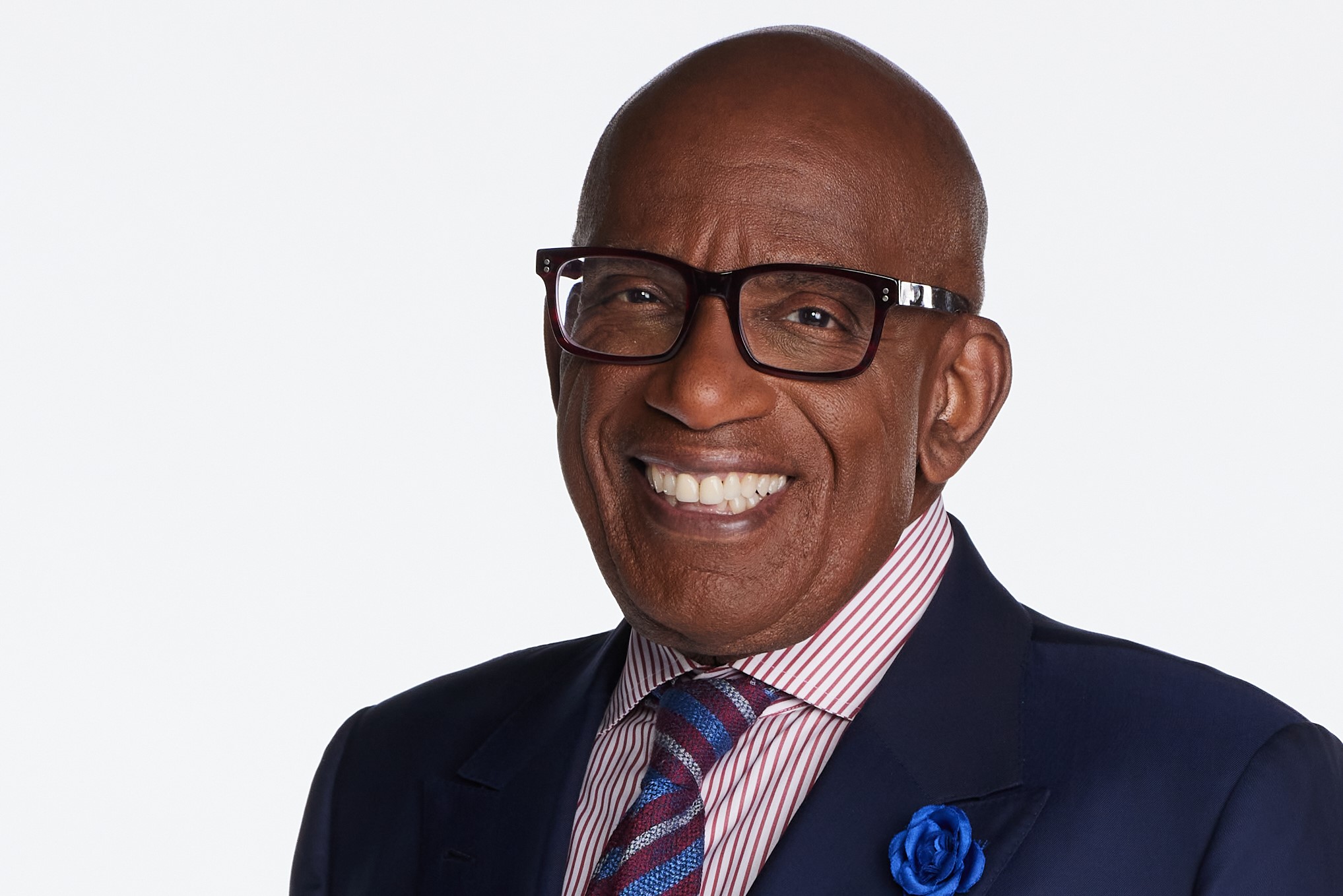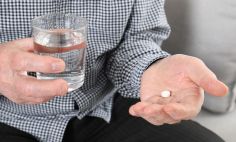Health Topics

An almost perfect storm
'TODAY' weather and feature anchor Al Roker describes his recent battle with blood clots
Al Roker is an American television icon. The TV news journalist, producer, and author has been informing and engaging Americans for more than 40 years. The long-time TODAY weather and feature anchor and co-host of the 3rd Hour of TODAY has won 14 Emmy Awards and numerous other honors over his long career. He also speaks openly about his health challenges, including prostate cancer and a recent life-threatening bout with blood clots in his lungs and legs. NIH MedlinePlus Magazine talked with him about these challenges, the support he got from his family and friends, and the lessons he has taken from it all.
Please tell us about your recent health challenge with blood clots.
What started as some stomach pains and later trouble breathing after climbing the stairs in my house turned out to be an almost perfect storm. My doctor called with the results of a CT scan and told me to quickly meet him at the hospital emergency room. He said they found blood clots in my lungs. Additional CT scans at the hospital showed that I had blood clots in my legs, too. And when they operated to fix the blood clots, they found bleeding ulcers and gallbladder problems. What they were expecting to be a surgery that was only two or three hours long ended up taking almost eight hours. And there was about a 48-hour period where they did not know whether I was going to survive.
When did you realize how serious things were for you?
At the time, I didn’t really know how serious things were. And for me, that helped. I was able to concentrate on getting better. It sounds simplistic, but if you think you are not well, then you act like you're not well. So in my mind, I was thinking, “Yeah, I'm sick, but I'm going to get better.”
How important was the support of your close family and your TODAY colleagues while you recovered?
It makes a huge difference having family and friends with you and supporting you. My wife (ABC News co-host Deborah Roberts) and my daughters Courtney and Leila were with me every day. Leila spent the first five nights with me at the hospital. Hoda Kotb, my TODAY colleague, was there so often that I think people in the hospital thought she was actually a doctor! And my entire TODAY family were there for me not only at the hospital, but also afterward. The whole crew showed up at my house during the holidays to sing Christmas carols. It was pretty special.
As I recovered in the intensive care unit, I saw that a lot of my fellow patients didn’t have anyone visiting them. That showed me what a big difference it makes when you have people supporting you and actively championing your cause.
What are your thoughts about keeping active and the role it played in your recovery?
Being active can take a lot of forms. I walk a fair amount and try to work out. I have a treadmill desk—in fact, I’m talking to you and walking right now. I'm not trying to set any world records. I'm not joining any bodybuilding competitions. I just want to have a body that does OK and serves me for however many more years I've got. And my doctor said that being in pretty decent health was really one of the reasons I survived.
I also know that if I feel better physically, my mental attitude will be better. And if my mental attitude is better, I feel better. It's a positive feedback loop. There are just any number of reasons to be active.

Al Roker has used his broadcast platform to raise awareness of health issues.
What lessons have you taken from your recent health challenges?
It's very cliche, but life is short. And it can change on a dime. We need to practice more gratitude. We need to make sure that the people we care about know how we feel about them. My dad always ended every conversation by saying, “I love you.” I always knew where I stood with him. And that was very important. So going through something like this really makes you realize how important it is to be present and grateful for the people in your life.
You have been open in talking about your health challenges. Why is that?
It goes back to my dear friend and former TODAY co-anchor Katie Couric. After her husband died of colon cancer, she had a colonoscopy on television to raise awareness about the importance of getting screened for cancer. You can go through it quietly on your own, but perhaps by being public, you can do some good and make a difference. And if one person gets a test because of something you've done, then some good came out of it.





